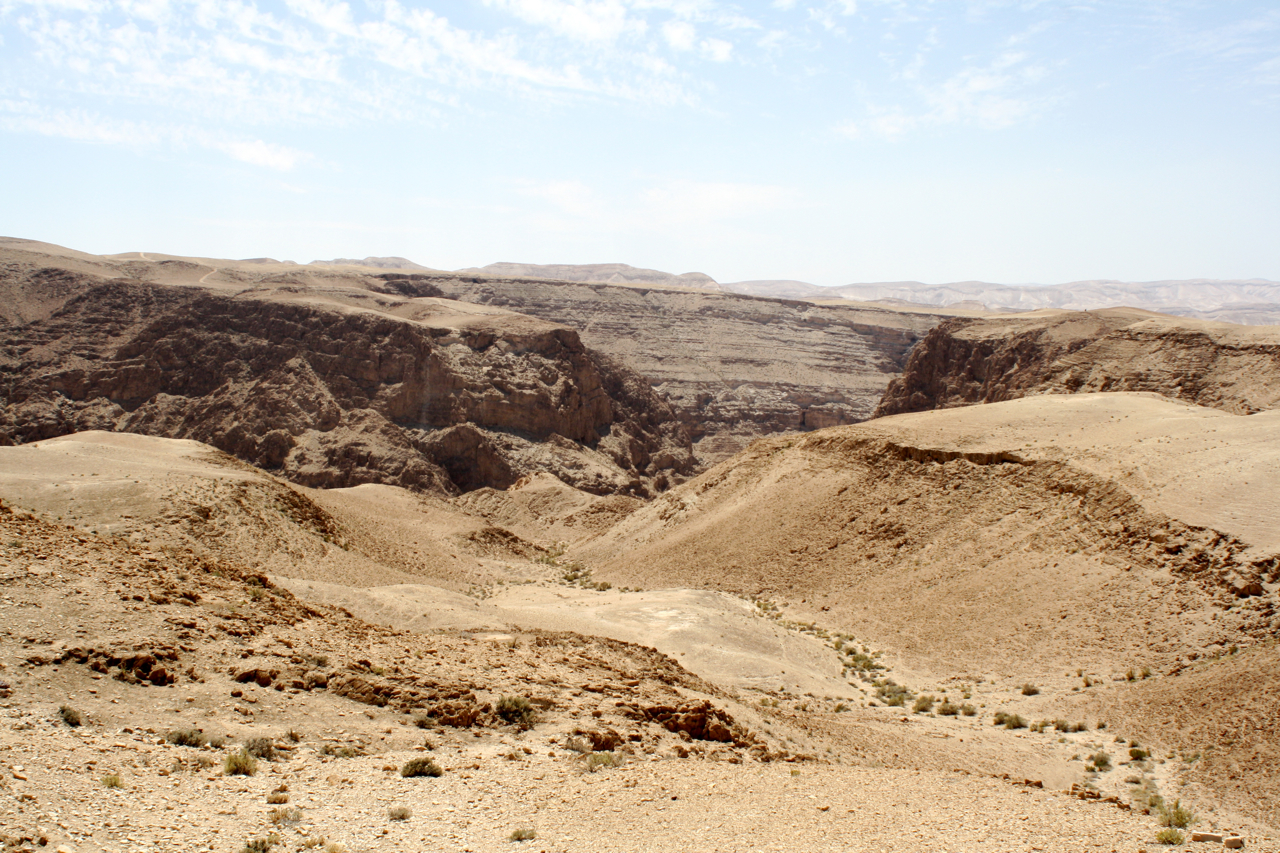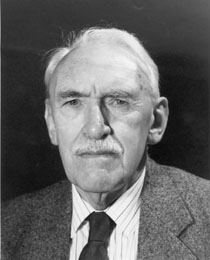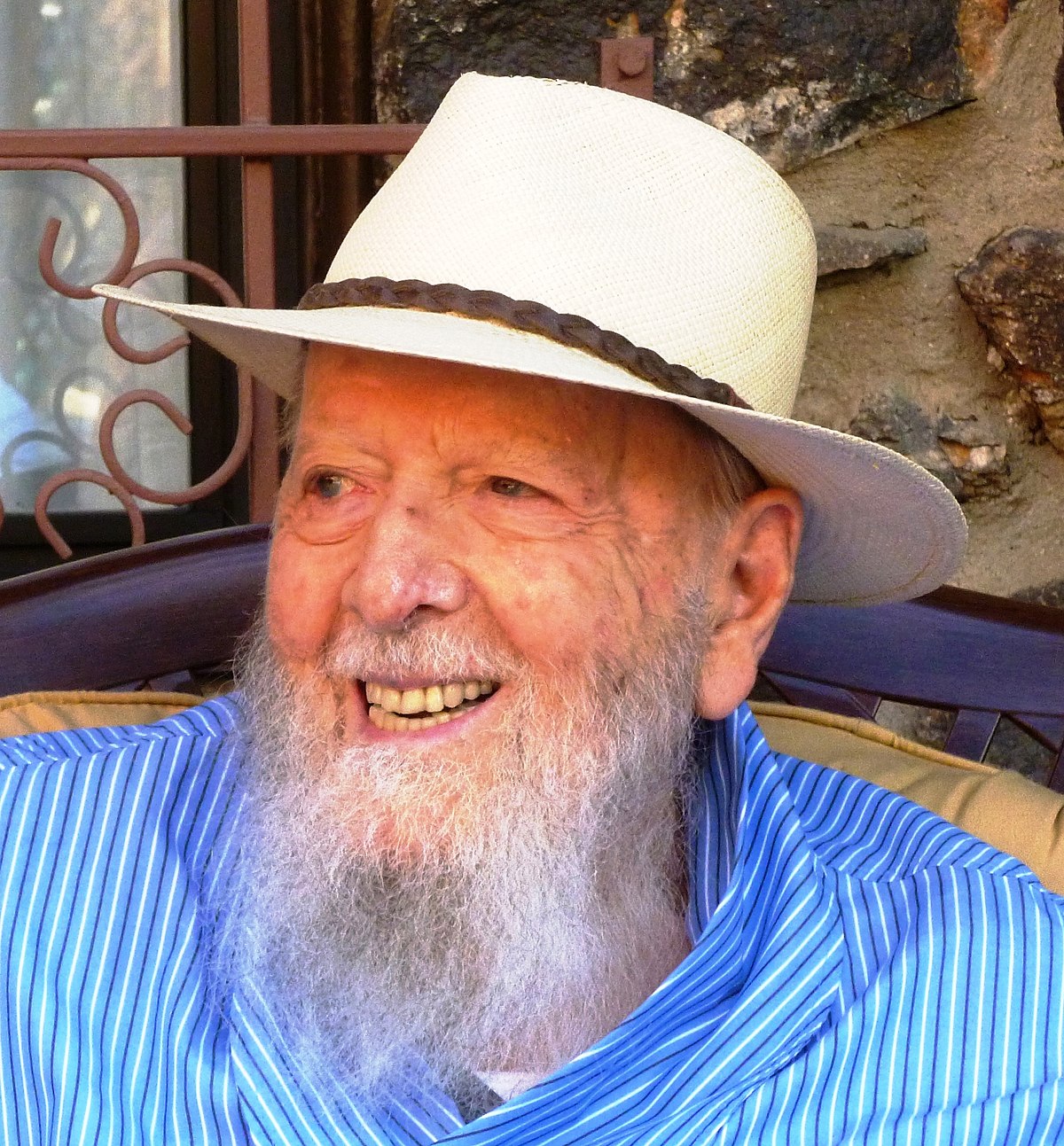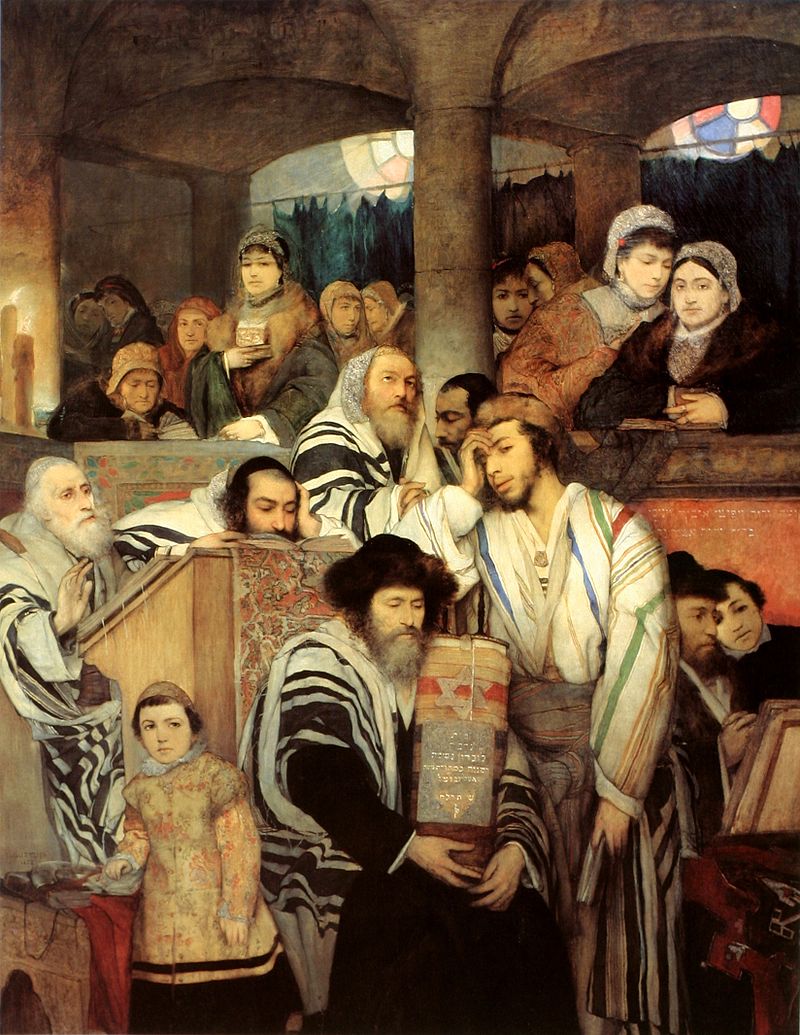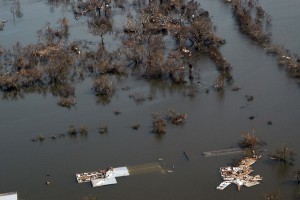
It is now the tenth anniversary of the Hurricane Katrina disaster. It seems that natural disasters are common events in the lives of millions of human beings. We are constantly bombarded by the somber news that our planet is undergoing global warming, and that unless checked, we face very dire health and ecological consequences. Earthquakes, volcanic eruptions, tsunamis and hurricanes are all regular visitors, if not permanent residents on our planet. The overwhelming forces of nature make mockery of humankind’s efforts at taming them.
Care for the world, both its animate and inanimate components, is one of the basic values of Judaism. The Torah bids us to be careful regarding our stewardship over this planet. We are allowed to develop and use its bounties, but we must be careful not to damage and destroy it. After Hurricane Katrina, there was much political opinion afoot not to rebuild the city of New Orleans in that location because of its vulnerability to flooding. In effect, that opinion proposed a surrender to nature and its wrathful and destructive unpredictability. Such an admission of defeat is a humbling reminder of how puny humans are in relation to natural disasters. All of our great technological achievements, wondrous as they are, still cannot overcome the forces of nature implanted by our Creator. There is little room for hubris in the face of the devastation brought upon us by such a natural disaster as Hurricane Katrina. We stand in mute shock at witnessing the forces of nature beyond our control or even our imagination.
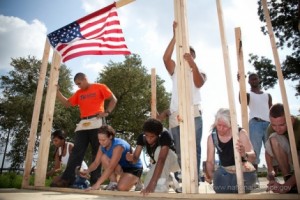
When I was a rabbi in Miami Beach in the late 1960’s and early 1970’s, my family and I experienced three direct hits from hurricanes. Those hurricanes invariably occurred during the month of Elul, the month of introspection and preparation for the High Holy Days, and the month we are currently in. It was and still is customary during Elul to deliver mussar schmuessen, lectures on morality and ethics to help people enter into the true solemnity of spirit of the High Holy Days. But after my congregation’s experiences with the hurricanes, I felt that any words that I might have said would have been hollow and unnecessary. A hurricane is a pretty impressive mussar schmuess all by itself. No human being’s words of wisdom can improve upon it. If someone is not sufficiently humbled by the power of a hurricane, then the most inspiring of speeches won’t help either.
The main message of Elul and the High Holy Days is one of humility. We finite human beings are limited and insignificant before the Infinite. Natural disasters remind us of this. But it is only through humility that we can find true spirituality and a connection to God. God is not necessarily in the earthquake or the hurricane itself. God is found in the still small voice of humility and helplessness that comes after the awesome display of His nature’s might and fury. Only when hubris and haughtiness are conquered within a person’s soul is there room for the Godly spirit to enter it.
Why does God employ natural disasters to inform us of the importance of humility? Why does He allow for such great human suffering amongst so many seemingly blameless people? I certainly do not know the answer. Man cannot understand or fathom God’s methods for dealing with this world. However, just because we cannot satisfactorily explain something does not allow us to ignore its obvious lessons. The still, small voice is preceded by hurricanes, volcanoes and earthquakes. If we leave immediately after the display of noise and power and do not stay around afterward to hear the small voice within us, then it is truly only a random disaster striking us. However, if we allow for moments of introspection, and this leads us to an understanding of the necessity of humility and kindness in our lives, then the natural disaster, unwanted and inexplicable as it is, may have value for each of us, especially in this month of Elul.

